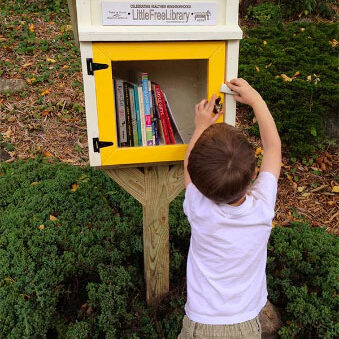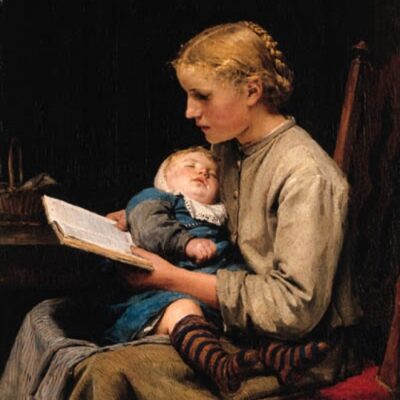The Kindest Lie by Nancy Johnson
Nancy Johnson is an award-winning television journalist who makes her fiction debut with The Kindest Lie, a novel less about race than about the sacrifices all of us make to become upwardly mobile and to ensure that our children and our children’s children live a better life. It is about the lies we tell, with the best of intentions, to protect our children so that they may prosper.
The story begins in 2008, as Ruth Tuttle, a twenty-nine-year-old Yale engineering graduate now working for a consumer-packaged goods company, is living her dream as a happily married woman in Chicago. On election night, 2008, Ruth and her husband Xavier host a watch party at their new townhome in the gentrified Bronzeville neighborhood. Despite the joy she feels when Barack Obama wins the presidency, she is pulled down by a personal problem. Although her husband is ready to have a child, she is hesitant because she has not fully faced an event from her past, which she has kept secret from her husband.
In order to save her relationship with Xavier, Ruth must return to the town in which she was raised, Ganton, Indiana. This is incredibly difficult for her. Ganton’s “very soil was a trapdoor” for Ruth, “a gateway to nothingness.” When she returns, she finds that Ganton’s downtown business district has been supplanted by big-box retailers on the outskirts of town and the GM plant, a major employer and once the beating heart of the town, is about to close. As Ruth observes: “Poverty didn’t discriminate in Ganton, with Blacks and whites both getting their share of hard times.”
One of the many aspects of this story that make it so special is the author’s exceptional ability to develop relatable characters for whom we feel compassion, frustration, pride, disappointment, and absolute understanding. During Ruth’s homecoming, she reestablishes her ties with a cross-section of Ganton residents she left behind and befriends Midnight, who lives in poverty and who is just as lonely and confused as Ruth. In the scene from which this quote is taken, Ruth comes to visit Midnight after an incident in which he endangers both her life and the life of someone she loves. While there, she questions her willingness to forgive him for his inability to comprehend the precarious nature of being Black.
Midnight might lose a friendship and would likely suffer from hurt and disillusionment for a long time. But she knew he’d be okay. Just as markets corrected themselves over the years through the inevitable downturns and upswings of the economy, white boys who fell on hard times could often count on being made whole again. Not so much for the Black ones. She wanted the possibilities of the world to open up to him and Corey equally, but she knew that some wishes–even ones made at the start of a new year–would likely go unfulfilled.
She also sensed that the closeness they’d shared in the sort time they’d known each other had somehow receded after what happened at the river, and she was just now assessing the storm damage: His sallow skin, and the unruly snatch of hair over his brow that barely obscured his shadowy eyes. His back bent as if an invisible weight pulled downward on him.
Ruth covered his phone with her hand, and he flinched.
“Look at me,” she said. [Kindle Version, p.308]
P. S. Thank you to Goodreads Giveaways and William Morrow for gifting me with this absorbing read.
















